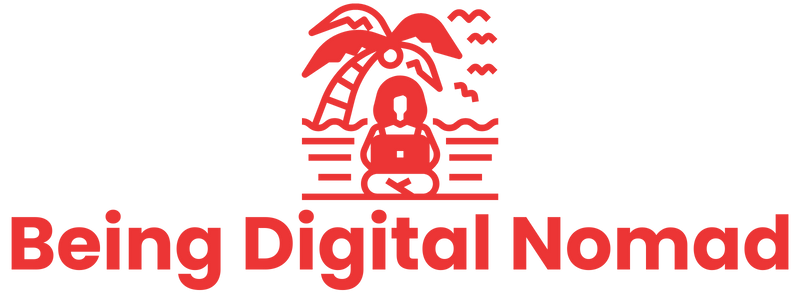Key Takeaways
- A TikTok PSA cautions about pitfalls in remote job applications, emphasizing potential exploitation by companies.
- Essential questions highlighted include inquiries about remote work policies, asynchronous work, and team management.
- Viewer frustrations expressed in comments underscore issues with misleading remote job postings and the necessity of clarifying work conditions.
- The PSA serves as a reality check, dispelling glamorized notions of digital nomadism and urging careful consideration and preparation for the challenges involved.
As remote work has become more prevalent, being a “digital nomad” has gained popularity. However, a recent PSA from a digital nomad is cautioning individuals about the realities of this lifestyle—notably, the pitfalls to avoid while applying for remote jobs.
The PSA, created by a TikTok user who is a digital nomad, warns potential nomads of the pitfalls involved with remote job positions. It highlights how certain companies are taking advantage of the remote job trend.
Critical Questions for Nomads
In a Tikto video that got popular, Julia @jetsetterjulia advised remote workers of important questions that must be asked before accepting a remote job. According to her, digital nomads intending to take up remote jobs should ask their employers questions like their remote work policy, whether they are an asynchronous company, and how they manage teams across time zones.
“Remote’ can mean a lot of things. Sadly it doesn’t always translate to the freedoms we are dreaming of,” she wrote in the video caption. “Hit (them) with these three questions to make sure the remote job you’re investing your energy into is actually gonna give you what you’re after,” she added.
The video has attracted attention, with many users expressing their frustrations with remote jobs. “I hate when they post it’s remote but you have to come in a few times a month or you need to live near them,” commented one viewer.
“I started a job where I had to be in the office one day a week, six months later it’s three days a week,” another user said.
Reality Check for Aspiring Nomads
The PSA aims to dispel the idea that being a digital nomad is a glamorous lifestyle with no downsides. It encourages individuals to consider their motivations and preparedness before starting a remote work journey.
The digital nomad lifestyle has increased in recent years, with more people looking for ways to work remotely and travel simultaneously. However, it’s important to remember that the lifestyle is not for everyone and requires careful planning and preparation.
Overall, the PSA provides a valuable perspective on the realities of being a digital nomad. It serves as a reminder to potential nomads to approach the lifestyle cautiously and be prepared for the challenges that come with it.
What We Think
The TikTok PSA provides a necessary reality check for aspiring digital nomads, emphasizing the need for diligence in navigating remote job opportunities.
As the allure of the nomadic lifestyle grows, understanding the nuances and asking critical questions is crucial for a successful and fulfilling remote work experience.
It serves as a valuable reminder that careful consideration and preparation are essential elements in embracing the digital nomad journey.

